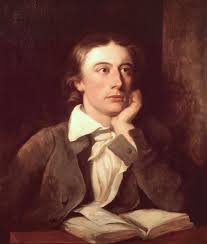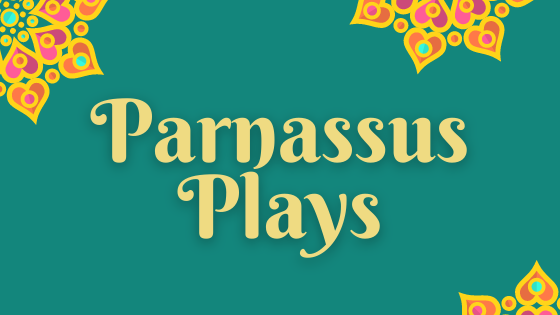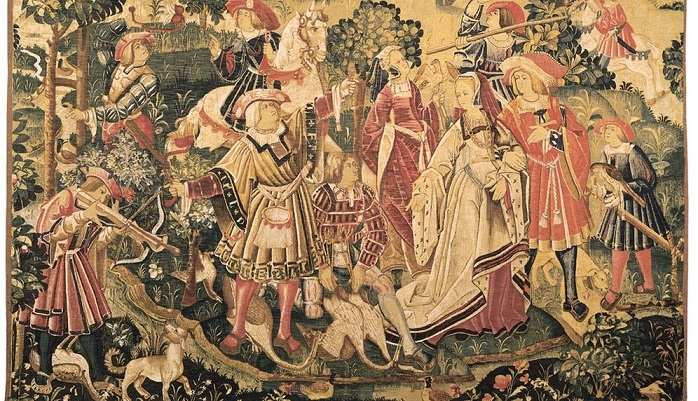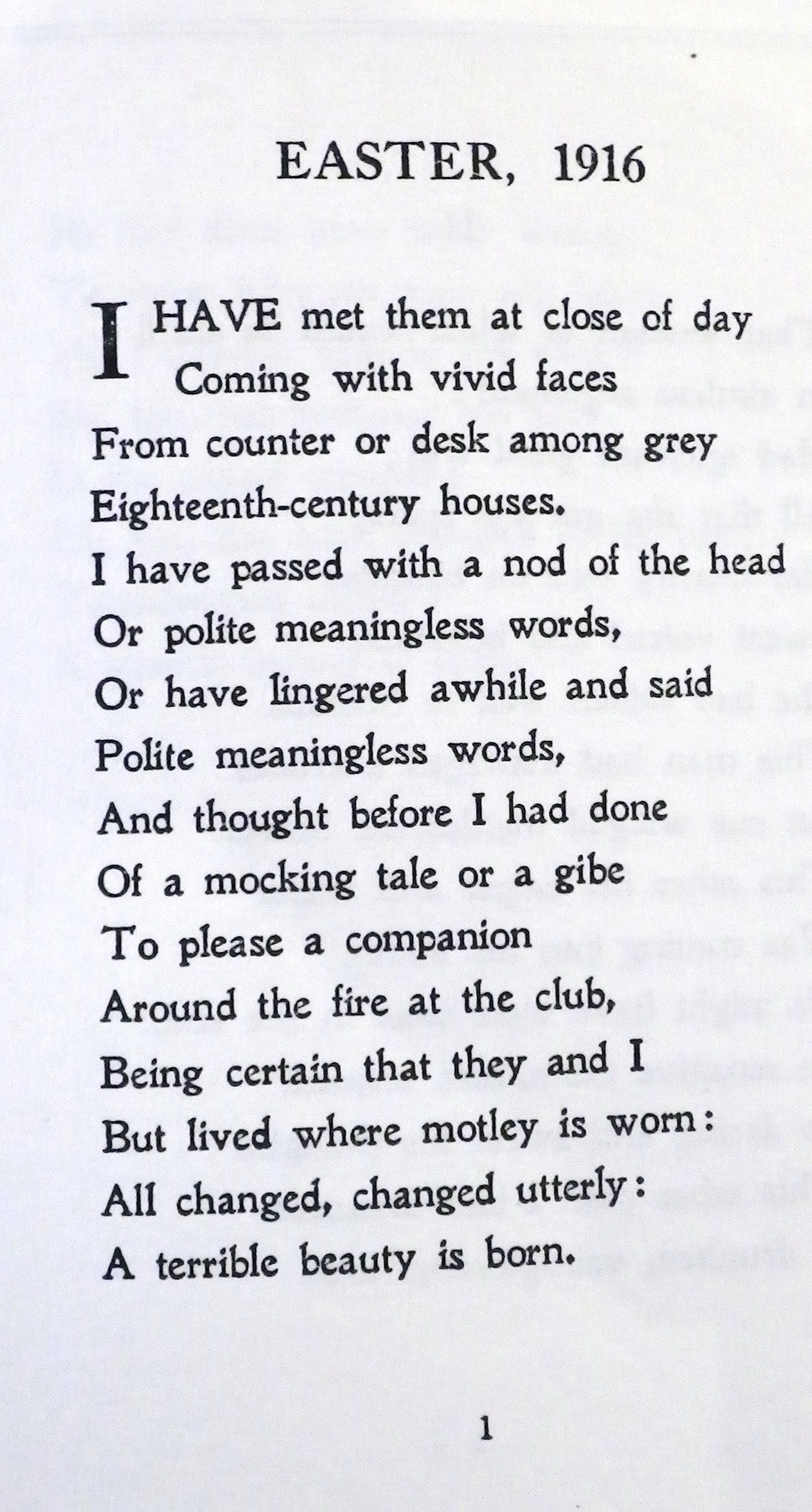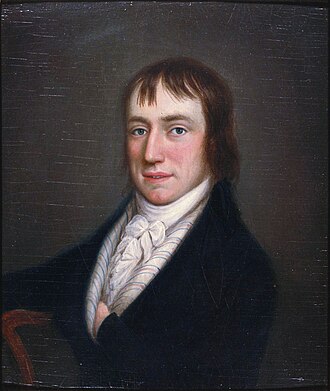
Summary and critical analysis of the poem “The Idiot Boy” by William Wordsworth
“The Idiot Boy ” is a poem by William Wordsworth, first published in Lyrical Ballads (1798). This poem is mainly about the idiot son of a poor countrywoman, Betty Foy. Betty’s friend and neighbor, Susan Galen, seems to be gravely ill and thus is in great need of a doctor. Betty’s husband, however, is not at home; therefore, no one can go for a doctor, except for her retarded son, Johnny. So he is sent off on horseback by night to fetch the doctor. He is so long gone that his mother becomes anxious. So Betty finally decides she has no choice but to go look for her son. Betty looks everywhere for her son. She even wakes up the doctor to find out if Johnny has been there, but the doctor has not seen the boy. So Betty leaves and continues looking for the boy and finds him at last by a waterfall, whither the pony has dered freely through the moonlight, to the boy’s delight. The neighbour recovers and sets out to meet mother and son, and all three are happily reunited.
“The Idiot Boy” is a narrative poem by William Wordsworth that revolves around a simple, emotional story set in the countryside. The poem’s central character is Johnny, the “idiot boy” of a poor countrywoman, Betty Foy. Johnny is mentally challenged, and his mother cares for him tenderly, doing everything she can to support him despite their modest circumstances. One evening, Betty receives news that her neighbor, Susan Galen, is gravely ill and requires a doctor’s assistance. However, Betty’s husband is away, and Betty realizes that no one can go to fetch the doctor except her son, Johnny. Though Johnny is incapable of understanding the urgency of the situation, his mother has no other option but to trust him with the important task of bringing the doctor.
Johnny, with no ill intentions but limited understanding, is sent off on horseback by night. As the night drags on and Johnny has not returned, Betty becomes increasingly worried. In her panic, Betty finally decides that she must go out in search of her son. She makes her way to the doctor’s house to ask if Johnny has come to seek help, but the doctor has not seen the boy, which adds to her distress. Then Betty continues her search throughout the countryside, calling for Johnny and desperately hoping to find him. Finally, Betty locates Johnny by a waterfall, where he has arrived safely, and the pony that carried him has led him through the moonlight. The boy is overjoyed at having reached the waterfall, but he has no understanding of the distress his mother has been through in searching for him. Eventually, the neighbor Susan, who has recovered from her illness, sets out to meet Betty and Johnny. The poem ends on a joyful note, with Betty, Johnny, and Susan happily reunited, despite the trials they have faced. The story emphasizes the bond between mother and child, the simplicity and innocence of Johnny, and the overwhelming love and concern Betty feels for her son.
William Wordsworth’s “The Idiot Boy” contains 453 lines. Each of the five-lined, stanzas features a rime scheme of ABCCB, with the exception of the first stanza, with its six lines and rime scheme of ABCCDB, and the last stanza, consisting of seven lines, with the rime scheme ABCCBDD.
It is a poem illustrating common emotions in a rural setting. This poem, like many in Lyrical Ballads, concerns itself with the psychological insight of the mother, showing her clear concern for the child she values. It shows a mother’s love and cares not only for her child but also for her sick neighbor.
The boy’s description of his adventures, ‘The cocks did crow to-whoo, to-whoo, And the sun did shine so cold’, fittingly illustrates Wordsworth’s intention of giving the charm of novelty to things of everyday’. Wordsworth ably defended his choice of subject matter (which offended many) in a letter to John Wilson, June 1802, attacking the ‘false delicacy’ of his detractors, and praising the natural humanity of the poor: ‘I have indeed, often looked upon the conduct of fathers and mothers of the lower classes of society towards idiots as the great triumph of the human heart.
Also read: Summary and Analysis of Dylan Thomas’s “Poem in October”
